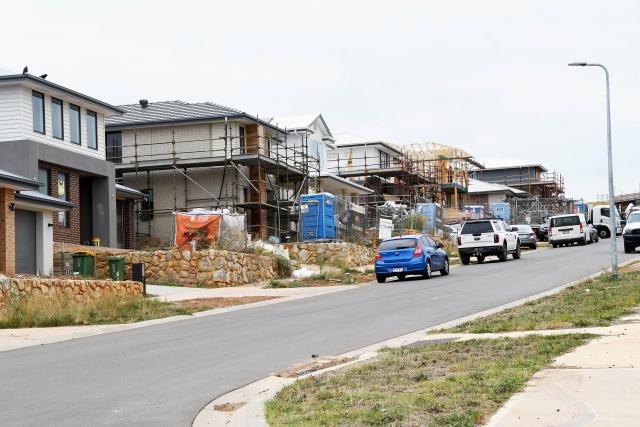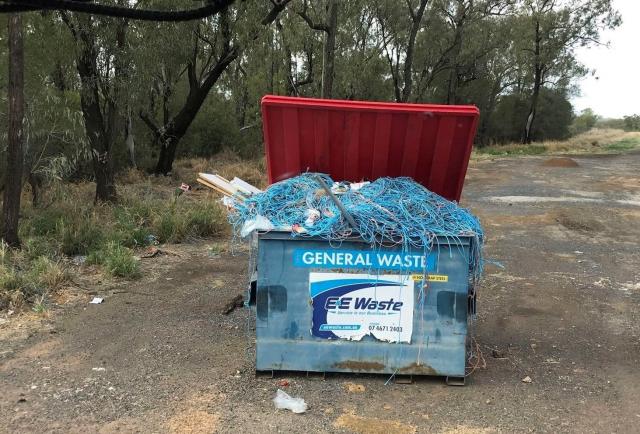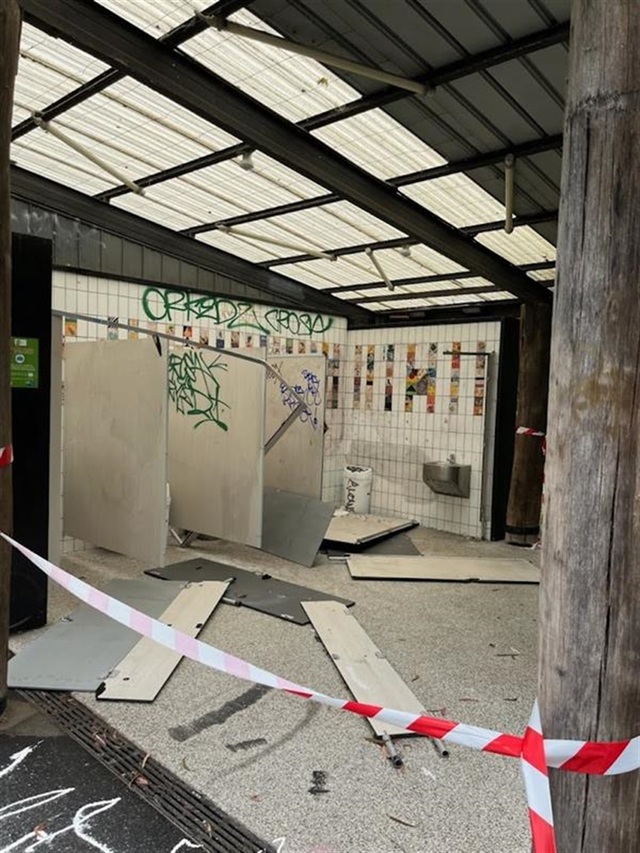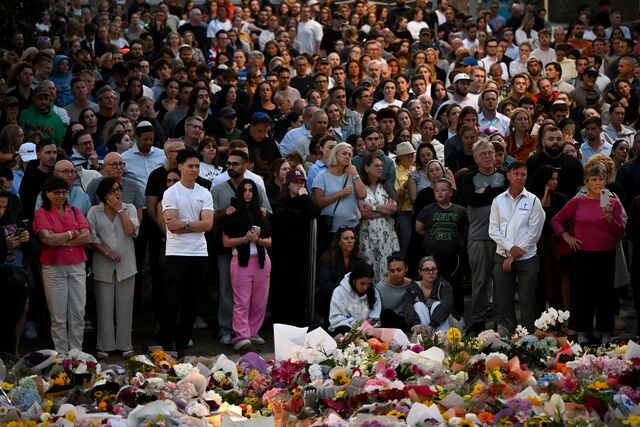One of the highest ranking issues for the urban area heading into this federal election was housing affordability and accessibility.
Nearly half of all respondents to Star Mail’s pre-election survey also noted housing affordability as highly concerning.
This went hand-in-hand with cost of living and a question around appropriate immigration.
A common underlying sentiment raised by respondents and interviewees was that everyone deserves a roof over their head.
“Everyone deserves the security of a home – it’s a basic right,” Mooroolbark resident Krystal Tutty said.
Lilydale resident Graham Warren, 65, who said he’s “done the hard yards”, now watches as his 13 grandchildren and nieces and nephews in their 20s and 30s struggle to buy a house.
“It’s so disheartening that the Great Australian Dream has been taken away from them and they don’t see any light at the end of the tunnel, either,” he told Star Mail.
“These are young people that have professional jobs, and they still, as a couple, can’t afford to or will always struggle in the current environment, to own a house, and it’s just not right.”
While many of them rent, Mr Warren said with rental stock low and weekly rent in the realm of $500 to $600, it doesn’t leave room to save for a house.
For fellow Lilydale resident, Rob Wigg, his concern was for the growing homeless population, forced to live on the street or in cars because of a lack of affordable housing and exacerbated by other factors.
“I am reasonably well set up financially, it’s just that I see families living in cars, women can’t leave a domestic violence relationship due to no emergency relief or housing,” he said.
“By being homeless it restricts your potential to do things like get a job, your health must also be affected as being out in the elements must create health problems.”
When asked about what was contributing to the housing crisis Mr Wigg pointed to the lack of government public housing, population increase and land tax impacting landlords to the point of selling.
“The government keeps moving the goal posts with investing in property,” he said.
Mr Warren said ultimately it came down to supply and demand.
“There’s not one magic bullet, but there’s probably five or six. I mean, you can’t welfare your way out of this problem. Some of the political parties are saying ‘we’ll give people this, give people that’, but that’s not sustainable,” he said.
“The issue is always around supply and demand. They’ve got to take people’s investment strategy out of housing other than capital gains.”
Another investment strategy that needs attention, Mr Warren said, was “this whole Airbnb explosion”.
Having been helping friends and family search for rental properties, Ms Tutty said another issue was the asking rental price for somewhere rather rundown.
“(There’s a) lack of rentals. I’ve been looking at rentals with friends as they look for a place and there are so many dumps and crappy places going for so much because they can get away with it in this market. (It’s) tragic,” she said.
As for solutions, Mr Wigg took a holistic approach, stating that increases to rental assistance and jobseeker, mental health support and reduction of “immigration until we can manage our housing issues” would be a start.
“Every time I see the government make a policy announcement, handing out cash to get votes – I ask myself who needs the help more: a homeless person, a person on jobseeker or the person who is getting the hand out,” Mr Wigg said.
“Example $19 billion to reduce the HECS debt by 20 per cent could build a lot of public houses.”
In a similar vein, Mr Warren said opening public land, under a strategy like the urban land authority in the 1980s, where developers were excluded from purchasing land, would go a long way in supporting young people to buy property.
“It’s become unreasonable the amount of income it takes to just put a roof over your head,” he said.
Ms Tutty also put government or public housing as a key requirement or solution of the next elected government to support the housing crisis.
“(We need) more government housing for families. So many single parent families (are) needing homes,” she said.
On the reverse, however, both Mr Warren and Mr Wigg said the need for housing stock had to be appropriately matched with infrastructure and correct planning processes.
“We do need housing stock. Absolutely agree. But the problem is, when it becomes such a political imperative, you get poor planning decisions,” Mr Warren said.
“I worry about the infrastructure with higher density living, already our roads are not coping. The units have one garage but the residents have multiple cars,” Mr Wigg said.
Heading into the election, Mr Wigg and Mr Warren said appropriate announcements or funding allocations to housing would sway their votes this election but it wasn’t without caution.
“I get really annoyed with both political parties, because once something becomes political nothing good comes from it, because it all becomes about point scoring,” Mr Warren said.
“If one side does something that might be good, the other side will come up with something else instead of a concerted approach with all sides of politics trying to resolve the issue.
“It has to be a suite of policies. There’s no magic bullet, but a concerted effort to do something about it is what people really need at the moment.”
As predicted by political expert Dr Zareh Ghazarian, Australia is set to elect a minority government on 3 May, something Mr Warren said he too believes will occur.
“People are fed up with the two party system…my view is we’ve had poor outcomes for a long time now through a whole different spectrum of both sides of politics,” he said.
“Talking to younger people, in particular, they are very disenfranchised with the political system, because they don’t see anything of value for them coming from it. So they disengage.
“So I’m interested to see what comes of it after this election because there are a number of major issues that they need to tackle.”
The election will be held on Saturday 3 May.







